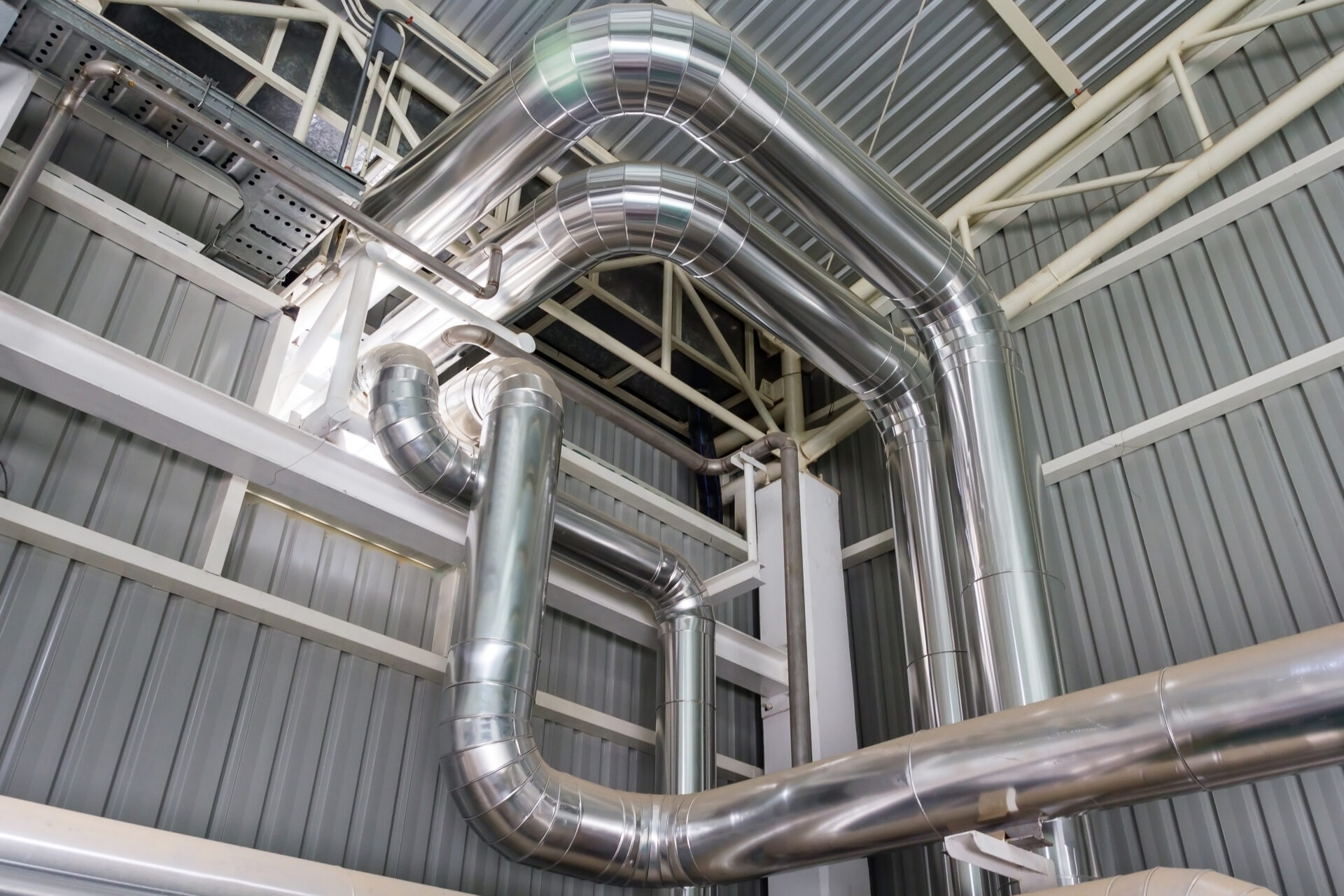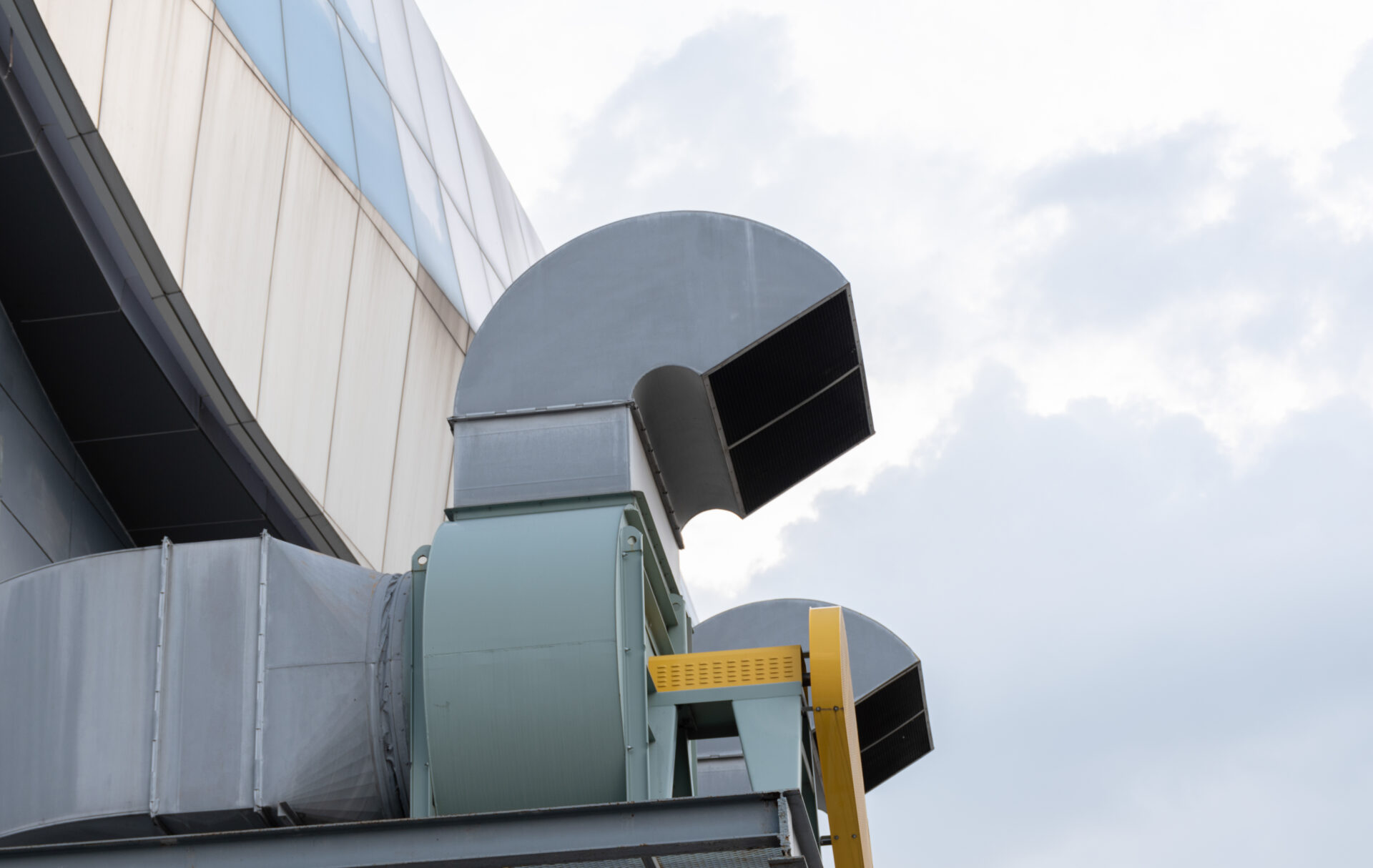
Heating, ventilating and air conditioning (HVAC) equipment components are often made of fiberglass due to the material’s versatility, although aluminum is also a preferable material for the same and more reasons.
Learn more about sheet metal fabrication for HVAC systems, along with its advantages, disadvantages, chemical and mechanical properties, and why you should choose Champagne Metals to supply your HVAC aluminum sheets.

Aluminum is a suitable metal sheet for HVAC equipment manufacturing. It is durable, anti-corrosive and heat-resistant, making it ideal for this application. The versatile material is used for ducts due to its lightweight construction. While galvanized steel is a common alternative because it’s stronger, aluminum is lighter and easier to use for heat exchangers, air handling units and ductwork.
Temper refers to the alloy’s hardness, measured by “H” and a number. The higher the number, the higher the tensile strength. An “O” temper means the material is soft and pliable once annealed.
Our aluminum sheet grades have varying tempers to suit your HVAC equipment requirements.
Aluminum comes in pure or impure forms, where additional residuals dilute the consistency. Our 1100 aluminum sheet is the purest composition, made of 99% to 99.9% pure aluminum. Our other products contain minor traces of composites like iron, copper, magnesium and silicon.
Aluminum sheet grades have different mechanical properties rated according to:
Tensile strength is measured in megapascals (MPa), and hardness is determined by the Brinell scale. These ratings vary across the aluminum sheet ranges and differ for different functions. The 3003 and 6061 aluminum sheet grades are commonly used in HVAC applications due to their exceptional corrosion resistance and strength in adverse conditions. Learn more about each sheet grade here.
Businesses spanning various industries, from automobile manufacturers to marine companies, trust us as their top pick for aluminum. Feel free to click the links below to explore the other industries we proudly serve and learn more about our aluminum products:
The HVAC industry uses aluminum sheets for various applications, from ductwork to air handling units. Our impressive selection caters to all your needs, ensuring you find the right grade. Browse our vast selection and choose Champagne Metals as your primary HVAC aluminum sheet supplier. Request a quote now!